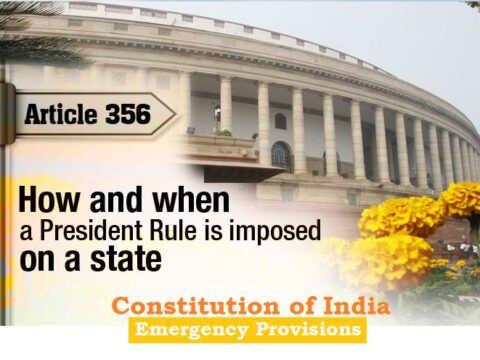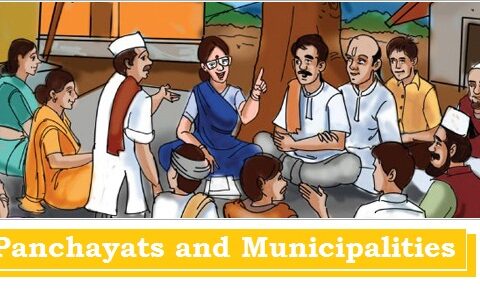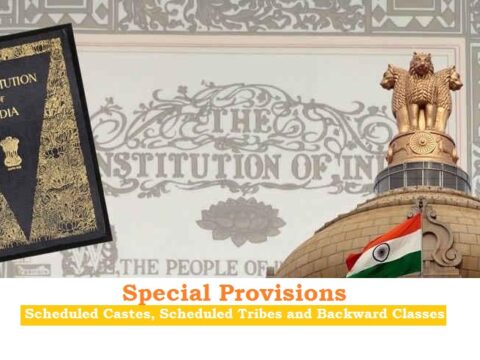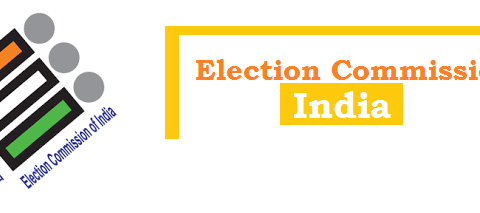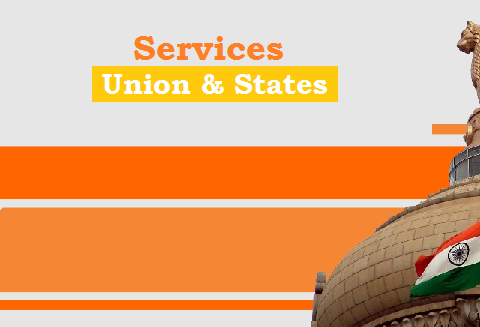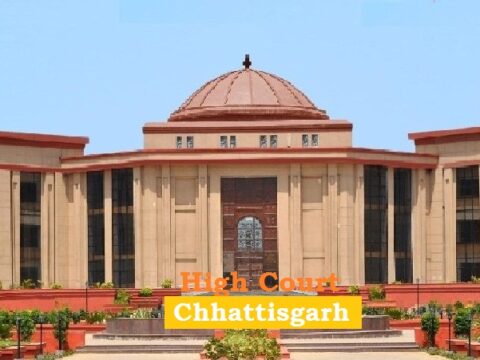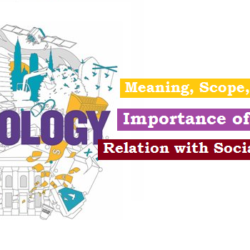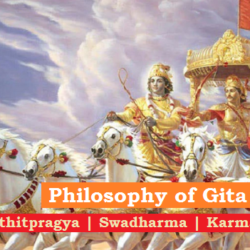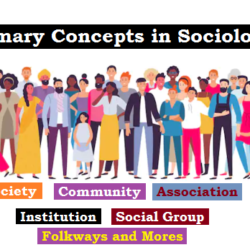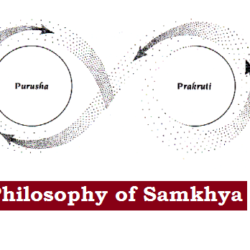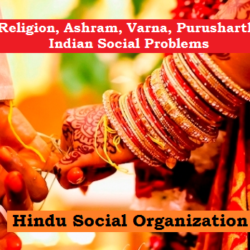Category: PSC Pre
Emergency Provisions in the Constitution
Art 352- Art 360 deal with emergency provisions, incorporated to safeguard the sovereignty, unity and integrity of the country. These provisions empower the Union Govt to meet certain unforeseen emergencies…
Official Language- Language of the Union and Regional Languages
Part XVII (Art 343- 351) deals with Language of the Union and Regional Languages. Provisions are divided into four heads: 1. Language of Union: Hindi written in Devanagari script is to…
Panchayats and Municipalities
The history of Panchayati Raj starts from the self-sufficient and self-governing village communities. In the time of the Rig-Veda (1700 BC), evidence suggests that self-governing village bodies called ‘sabhas’ existed. With the…
Special Provisions Relating to Certain Classes
Constitution provides for safeguarding the interests of certain classes for equality and justice (as enshrined in the Preamble).Part XVI (Art 330- 342) details the special provisions relating to SC/ST/OBCs and…
Election and Election Commission
Part XV Art 324- 329 deals with elections. Art 324 provides for an independent Election Commission for the free and fair election. It vests power of superintendence, direction and control…
Tribunals and Administrative Tribunals
42nd Amendment added a new part XIVA to the Constitution for Tribunals: Administrative Tribunals (Art 323A) and Tribunals for other purpose (Art 323B) Administrative Tribunals: Parliament may provide for the…
Services under Union and State
Public Services (Art 308- 314):Constitution empowers the Parliament (States for State Services) to regulate the recruitment and conditions of service (including reasonable restrictions on the Fundamental Rights) (Art 309) They…
Relations between the Union and the States
The Constitution of India, being federal in structure, in Part XI divides powers- legislative, administrative, financial- between the Centre and the States. (Cooperative Federalism)The Centre- State relations can be divided…
High Courts & Subordinate Courts, Advocate General
Art 214-231 covers High Courts (HCs). Constitution provides for a HC in each state, also allowed for a common HC. Presently there are 24 HCs, their territorial jurisdiction is co-terminus…
Attorney General
According to the Art 76, Attorney General is the highest law officer in the country Appointment: Appointed by the President during his pleasure Qualifications: As to that of a judge…

 Home
Home Syllabus
Syllabus Contact Us
Contact Us